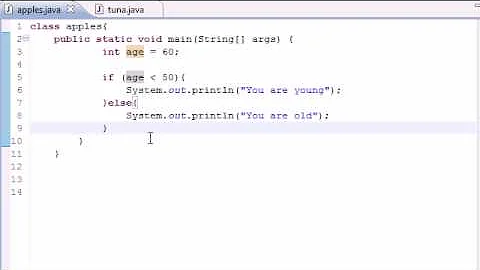Unused argument error in nested ifelse statements
Solution 1
There are a few things wrong with the ifelse chain, but I'd like to first mention a way to write this kind of selectors in a more readable fashion.
days.of.week <- c("Thursday", "Friday", "Saturday", "Sunday", "Monday", "Tuesday", "Wednesday")
x <- 21 # some value
day <- days.of.week[(x%%7) + 1]
day
[1] "Thursday"
Now... about the use of ifelse and the unused argument error...
First off, remember that ifelse() is a function, therefore when you write a statement like
... ifelse(rem == 0, day="Thursday, ..., R will interpret the day="..." part as if you were passing the named argument day to the function.
Furthermore, in general, you should avoid using = [most of the time], you probably mean to use <-.
Anyway, corrected the ifelse chain should look some' like
rem <- 21%%7
day <- ifelse(rem==0, "Thursday",
ifelse (rem==1, "Friday",
ifelse (rem==2, "Saturday",
ifelse (rem==3, "Sunday",
ifelse (rem==4, "Monday",
ifelse(rem==5, "Tuesday", "Wednesday")
)
)
)
)
)
Solution 2
There's a much better way to conditional recoding than using nested if else statements. Use dplyr::case_when. It'll change your life for real. Here's what the code would look like with case_when, so much cleaner:
day <- case_when(
rem==0 ~ "Thursday",
rem==1 ~ "Friday",
rem==2 ~ "Saturday",
rem==3 ~ "Sunday",
rem==4 ~ "Monday",
rem==5 ~ "Tuesday",
rem==6 ~ "Wednesday"
)
Solution 3
dayFinder <- function(x) weekdays(as.Date("1970/1/1") + x)
dayFinder(21)
# [1] "Thursday"
dayFinder(c(21, 101))
# [1] "Thursday" "Sunday"
Related videos on Youtube
user1807967
Updated on July 11, 2022Comments
-
user1807967 almost 2 years
I'm making a function that outputs the day of the week, given a number of days since 1/1/1970. The function worked fine when it was a chain of
if thenstatements, but I want to use the function on vectors, so I've needed to build this silly looking chain ofifelsestatements.Unfortunately, I keep getting this error:
Error in ifelse(rem == 0, day = "Thursday", ifelse(rem == 1, day = "Friday", : unused argument(s) (day = "Thursday") Calls: dayFinder -> ifelse Execution haltedI haven't been able to figure out how to get around it - it looks like it's simply ignoring the
thenpart of theifelsestatement. I've tried feeding it a variety of sample data sets or data points and haven't been able to fix the error.Here is my code - thanks in advance.
dayFinder <- function(x){ #Assuming that '0' refers to January 1 1970 #Store given number start <- x #Initialize variable day="Halloween" #Divide x by 7 and store remainder rem <- x%%7 #Determine the day ifelse(rem==0, day="Thursday", ifelse (rem==1, day="Friday", ifelse (rem==2, day="Saturday", ifelse (rem==3, day="Sunday", ifelse (rem==4, day="Monday", ifelse(rem==5, day="Tuesday", if (rem==6) { day="Wednesday" })))))) return(day) } q = seq(7,50,1) z = dayFinder(q) z-
Backlin over 11 yearsSeen this? Find the day of a week in R. Should be simple to convert your number-of-days-values to a true date values that can be fed into
weekdays. Generally, if there is a base function that satisfies your need it is probably much more carefully written than what you or I would write. -
Carl Witthoft over 11 yearsAs they write over and over again at thedailywtf, if you want to perform some obvious task, it's a certainty someone else has already done so. Thus the relatively easy search for date/time functions in common R packages :-)
-












